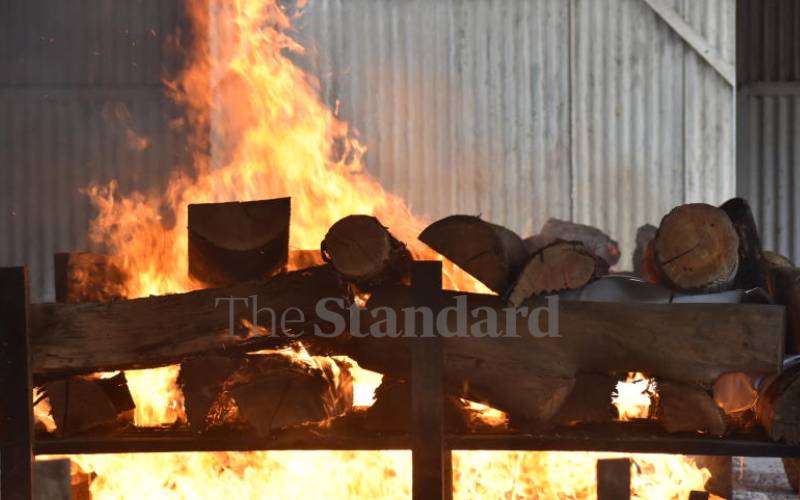×
The Standard e-Paper
Stay Informed, Even Offline

A body being cremated at Kariokor Crematorium, Nairobi. [File, Standard]
Reverend David Oginde is a leading thinker on religious and faith matters. As the founder of Christ Is The Answer Ministry, CITAM, he has a huge following and is often invited to participate in national events where he carefully throws in adversary barbs at the power elite.